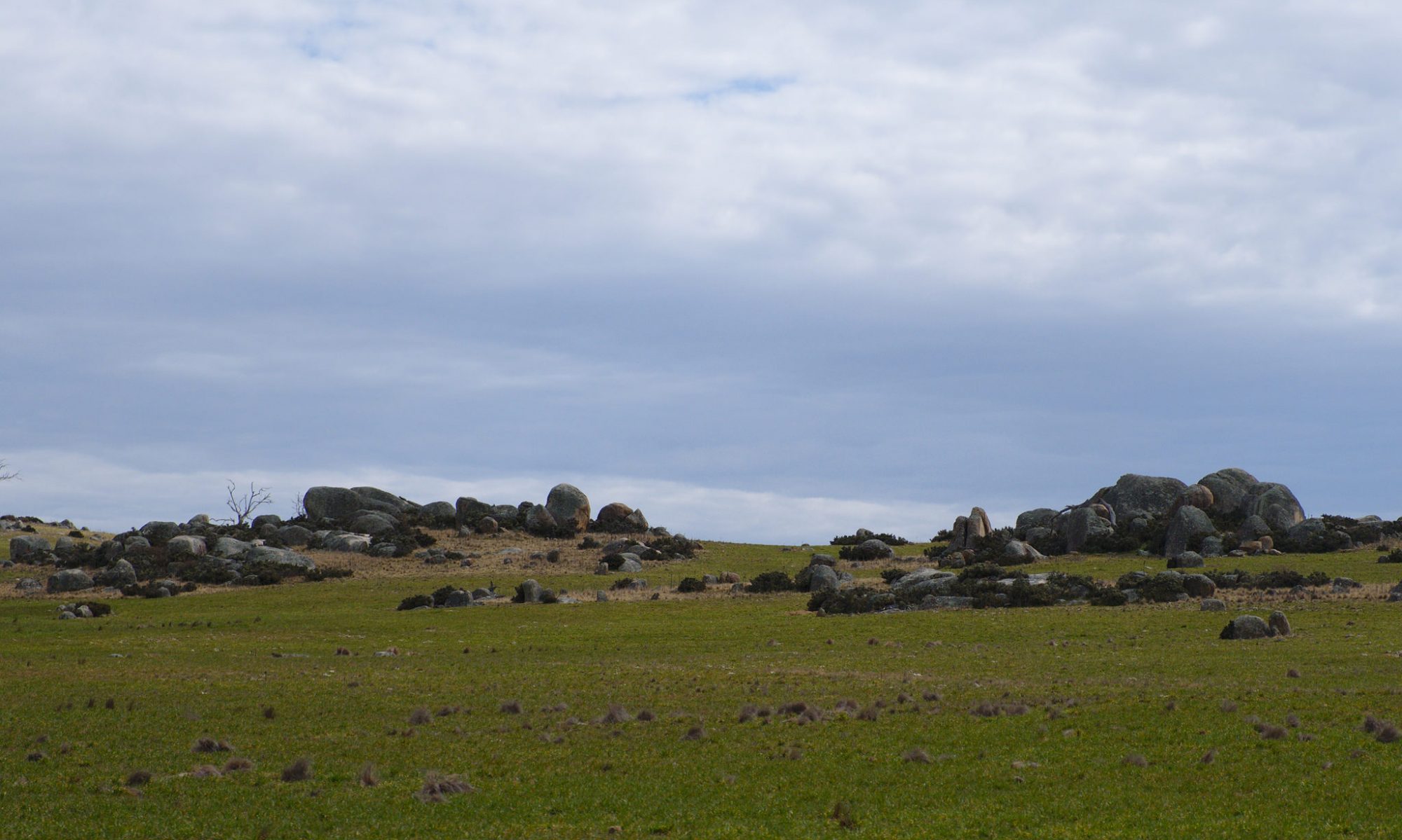I won’t be at LCA, but since I wish I was, here’s what I wish I could see most. (Note that I haven’t picked something in every timeslot and so this wouldn’t be my complete talks list. This is just my personal highlights.)
I’ve never seen Mako Hill speak, but you can’t be interested in free software and culture activism without stumbling across his name. Because he’s involved in the FSF. And Debian. And Ubuntu. And Wiki[mp]edia. And OLPC. And autonomo.us. Among others. I actually don’t know what his keynote is about, the webpage is just the speakers’ biographies, but I’m just going to go ahead and assume that whatever it is, I’d enjoy. I’m also sure Gabriella Coleman‘s Tuesday keynote would be interesting.
Build Your Own Contributors, One Part At A Time. I don’t know that the Dreamwidth project has good name recognition in the LCA community: consider this an attempt to rectify that. It’s a blog hosting company on the Livejournal model with a fork of Livejournal’s codebase. It’s also very, almost uniquely, innovative and successful in mentoring new and non-traditional contributors. (Kirrily Robert has some information, mostly focusing on their very unusual developer gender ratio.)
Loyal fans of my writing will remember that I’m generally suspicious of how to run an Open Source project
submissions to LCA, because so many members of the audience have either run one or seen one run at close range. But I really wanted to select this one because it’s successful at something very unusual. There’s a lot more talk than action on mentoring and diversity in Open Source development; here’s your action.
Introduction to game programming. Yeah, this clashes with Build Your Own Contributors, but since I’m not going at all, it can still be a Fantasy LCA pick, can’t it? Richard Jones is an import from the OSDC scene, he’s a good speaker, he wrote a good chunk of the tools he’s talking about and he regularly puts them to use and watches others put them to use in the PyWeek challenge.
I’m very curious about how Matthew Garrett’s Making yourself popular: a guide to social success in (and for) the Linux community goes and I’d also like to see Claudine Chionh’s Unlocking the ivory tower: Free and open source software in collaborative humanities research: luckily, again this is Fantasy LCA and I don’t have to choose. I’d also get along to FOSS and Māori Language Computer Initiatives later in the afternoon: it’s not exactly my field, but close enough that I’m interested in language and computer interfaces in general.
I don’t know that I’ve ever actually made it to one of Matthew Wilcox’s talks, but I heard great things last year, so I’d get along to Discarding data for fun and profit for sure.
Gearman: Map/Reduce and Queues for everyone! sounds like something I’d enjoy hearing about and might put to use. Can’t lose.
I was accused of being a fangirl when reviewing Adam Jackson’s The Rebirth of Xinerama, if I recall. I don’t think I qualify without, say, asking for autographs, but I enjoyed his 2009 talk a lot. It was not at all aimed at the Mary demographic (short version: I know nothing about X, long version: I know nothing about X) but was still accessible even while totally ignoring my demographic. I love that kind of technical talk. And the more competent parts of the audience seemed fine with it too.
After seeing Andrew Tridgell’s OSDC keynote in 2008 I am wretched about missing Patent defence for free software. Just as you can find Mako Hill everywhere when it comes to free culture activism, you can find Andrew Tridgell everywhere in building… anything. From chess playing server software to homemade coffee roasters. And on the side he’s spent a long time with the Samba team testifying and advising on aspects of the EU’s antitrust investigations into Microsoft. And because of that and because he’s a great speaker and essentially is LCA, it would be a great talk to get to.
Finally, thank goodness this is Fantasy LCA, so I don’t have to tell you which I’d choose of Rusty Russell’s FOSS Fun With A Wiimote, involving Rusty, who is a marvellous speaker, and babies, who… are babies, and Wiimotes, which are white and blue, or Liz Henry’s Hack Ability: Open Source Assistive Tech about the advantages of hacking up assistive tech and thus adapting it to individuals. What a cruel world that timeslot is.
